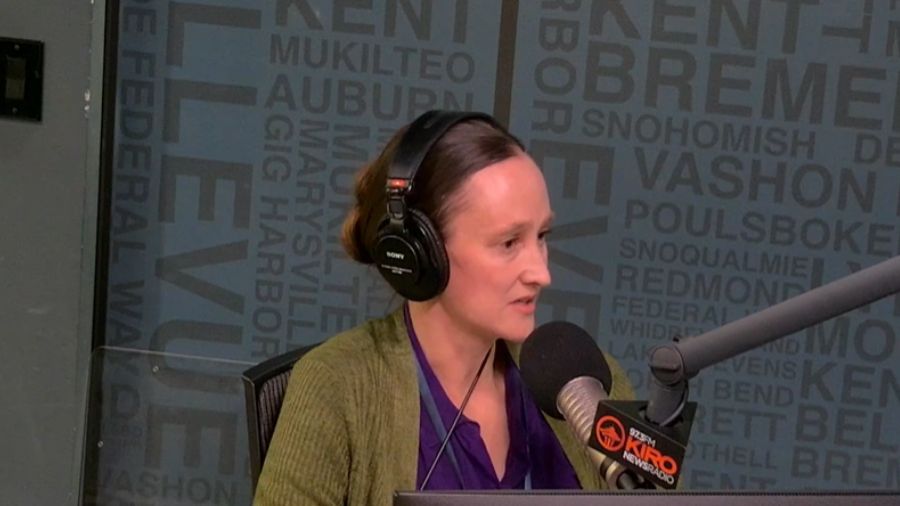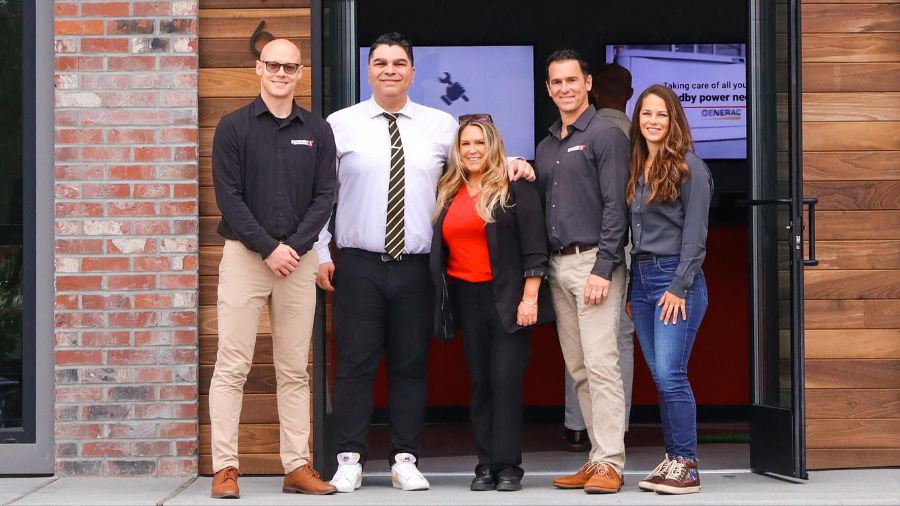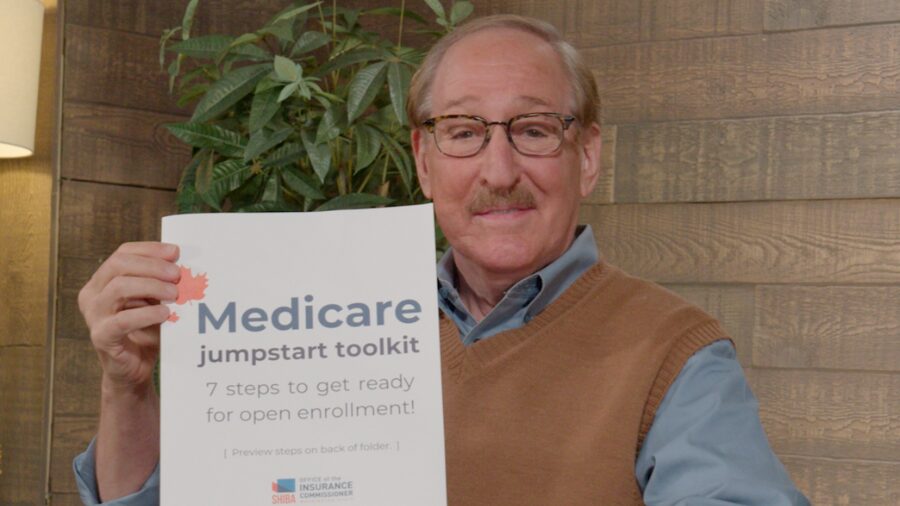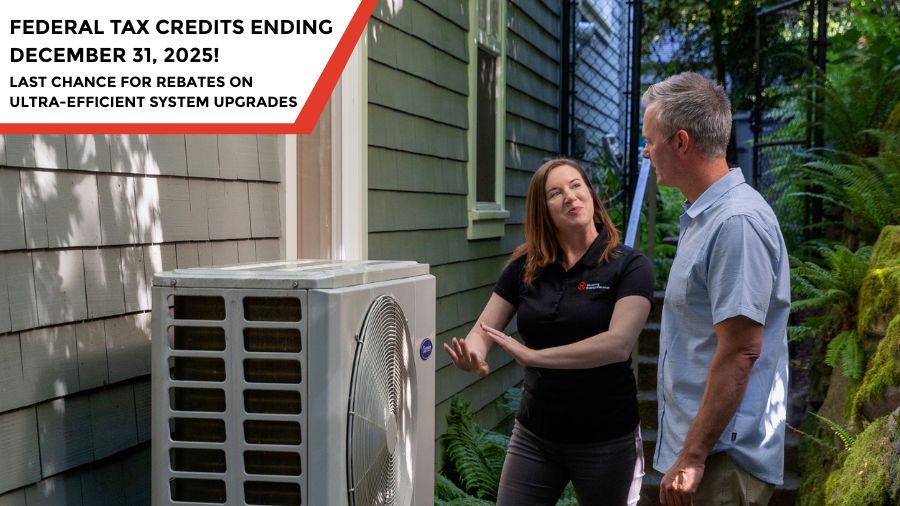Parenting in the social media age: A guide to sort fact from fiction online
Aug 25, 2025, 5:00 AM

In this photo illustration, the TikTok app is displayed on an Apple iPhone. (Photo Illustration: Drew Angerer, Getty Images)
(Photo Illustration: Drew Angerer, Getty Images)
Parenting in the digital age is tricky. With social media overflowing with tips, hacks, and hot takes, how can moms and dads separate fact from fiction?
CBS tackled that question with best-selling author and parenting data expert Emily Oster, who shared some strategies to help parents spot misinformation.
“Know that false information gets amplified more than true information, so you’re seeing a lot of false information, and then people are getting that information when they’re not ready to process it, so it’s coming right at them, rather than them seeking it out,” Oster said. “That’s not serving our critical thinking.”
Another problem that flares up: A lot of the false information looks like the good information.
It may seem like a person is an expert, but the studies they’re discussing are either fabricated or flawed. This can be alarming, especially when it comes to health and child development advice online.
“One of the things is that parents are constantly being served,” Oster said. “Here’s a simple solution for a complex problem. If only you gave your kid this one supplement, their ADHD would be solved. And that causes parents to both think they’re doing things wrong and also potentially not seek out good information to solve the actual problems that they’re having.”
Her top tip? Don’t just trust the viral post. Check the source, look for evidence, and beware of influencers pushing personal agendas over science.
Here are some red flags to look out for
“Look for credentials. That doesn’t always help, but some people have more credentials than someone who doesn’t have any of those qualifications,” Oster said. “I think the second thing is that people should be looking for is this person offering something where, if I give them money, there’s an easy solution to a hard problem. That’s not usually the way that solutions work.”
Oster said an expert is not going to ask you to comment on their supplement brand.
She encourages families to lean into credible research and stay skeptical of one-size-fits-all claims.
“Usually, you can look at the data, understand what it says, and then make a decision that’s consistent with the values that your family has,” Oster added. “I think that putting those together is important, but you do need the best data. You’re not going to make good decisions if the data you have is wrong.”
And finally, when it comes to raising kids, Oster said good information isn’t just helpful — it’s essential.

















